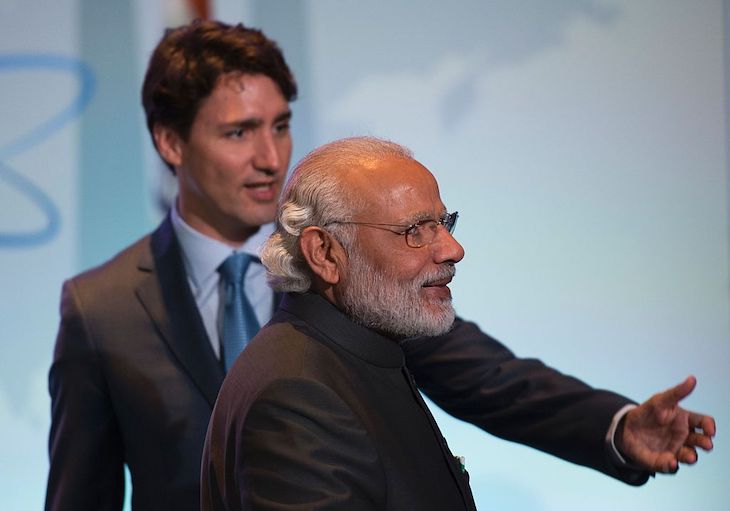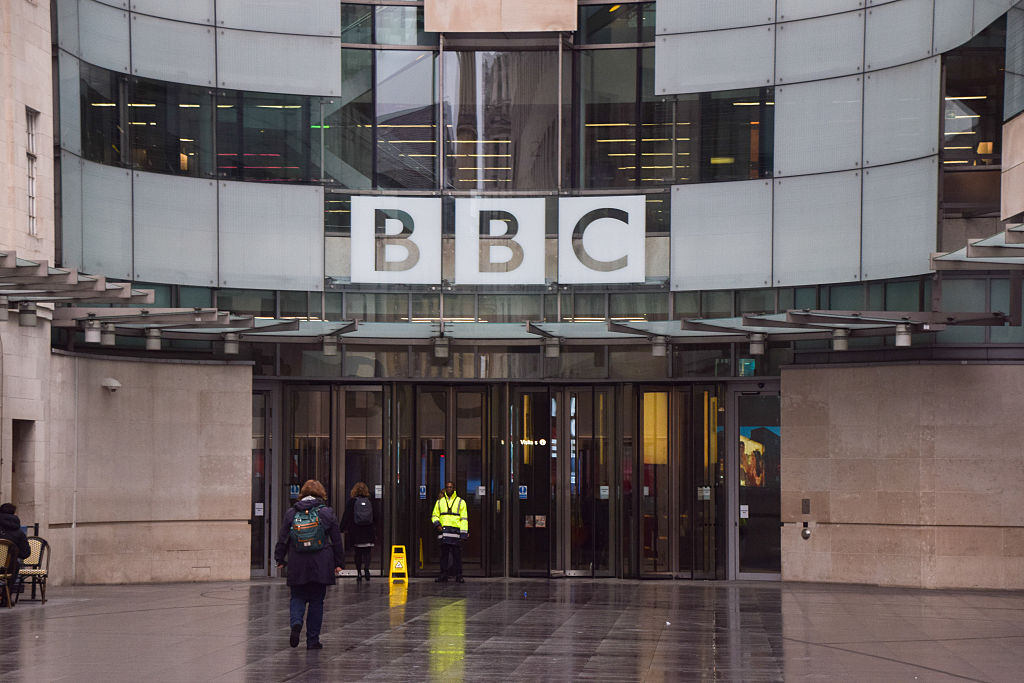The alleged involvement of agents of a foreign government in the murder of a citizen is a crime that violates national sovereignty and the established norms of international relations. Put simply, no government can ignore or overlook such actions. This is the reasoning behind Canada’s momentous decision to expel a group of Indian diplomats and go public with an explosive set of allegations against India itself.
Hardeep Singh Nijjar was gunned down by masked men
Canadian authorities have accused Indian agents of involvement in ‘homicides, extortion and violent acts’ on Canadian soil. Police said the criminal activity had particularly targeted supporters of the pro-Khalistan movement, which seeks a separate homeland for Sikhs in India. A Canadian official said that India’s High Commissioner to Canada, Sanjay Kumar Verma – effectively India’s top diplomat in the country – had been told to leave, along with a number of other Indian diplomats. India reacted with predictable fury and rejected the allegations, describing them as ‘preposterous’ and ‘ludicrous’. A number of Canadian diplomats, including acting High Commissioner Stewart Ross Wheeler, were expelled from India.
Relations between the two countries – nominally friends – have been strained for some time. Tensions are high in the wake of a long-running dispute following the assassination of Hardeep Singh Nijjar, a prominent Sikh separatist leader and a Canadian citizen. He was gunned down by masked men in British Columbia in June 2023. Canada’s prime minister, Justin Trudeau, has claimed that the Canadian authorities had ‘credible allegations’ regarding India’s involvement in the killing.
These claims and accusations led to a major falling-out last year, with both countries targeting each other’s diplomats in a series of tit-for-tat expulsions. A Canadian trade mission due to visit India in October last year was also suspended. Three Indian nationals have been arrested and charged in the ongoing investigation into the killing of Nijjar.
The Indian government had previously declared Nijjar a ‘designated terrorist’, accusing him of plotting attacks in India, but has vehemently denied any involvement in his death. India sees the Khalistan issue as a national security threat and claims some Sikhs in Canada are actively involved in the secessionist movement. Sikhs are a prominent diaspora community in Canada, numbering 770,000 citizens, making it one of the largest Sikh populations outside India itself.
Canada is not alone in its suspicions and accusations against India. Last November, US agencies said they had thwarted an assassination attempt by an Indian agent to murder Gurpatwant Singh Pannun, a Sikh activist. The authorities said they had indicted an Indian national working at the behest of an unnamed Indian government official. The White House said it took allegations of India’s involvement in attempted killings on US soil ‘with utmost seriousness’. Other prominent Sikh activists in the US, Canada, and the UK have also said they have been given warnings of threats to their lives.
This latest spat between Canada and India could not have come at a worse time. It amounts to a serious diplomatic rift between two key allies of the United States and puts other Western countries in an uneasy position.
India is both an important trading partner as well as a vital security partner, seen as a counterweight to China’s rising global influence. That reality has resulted in India being increasingly courted by the West. This crisis endangers this strategy. What’s more, there is no obvious or easy way out.
Canada cannot afford to ignore – or be seen to ignore – the seriousness of what it alleges the Indian government has done. There is also little incentive for India to back down: many Indians are highly critical of the tolerance enjoyed by Sikh separatists in Canada, a sentiment that will not be lost on India’s prime minister, Narendra Modi. He may see tangible domestic political benefits to be gained in taking a tough stance against Canada’s accusations. It is, in short, one gigantic diplomatic mess. Canada’s leaders are right to feel that they were left with no choice but to act as they did. The consequences that may flow are altogether much harder to predict.








Comments